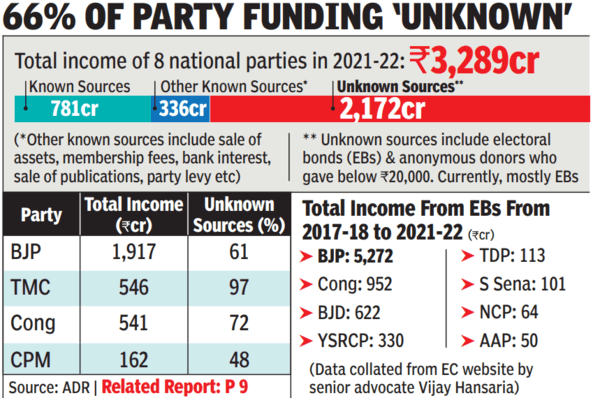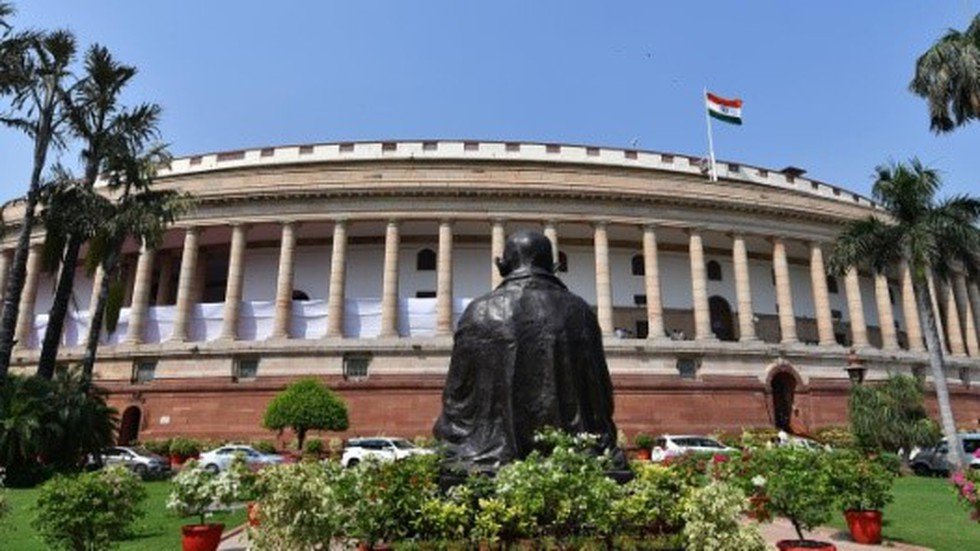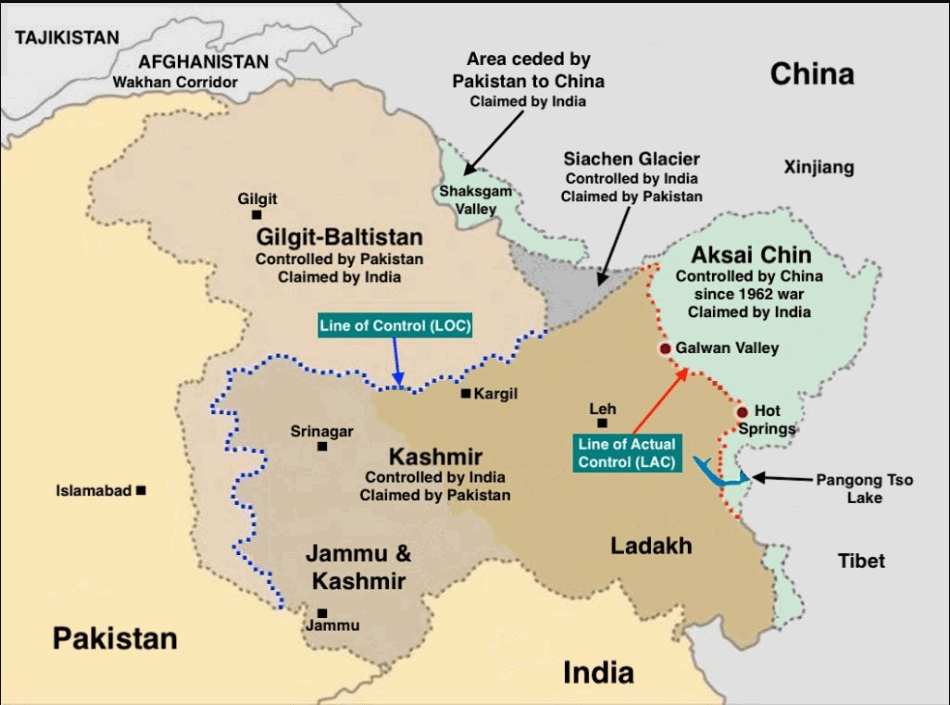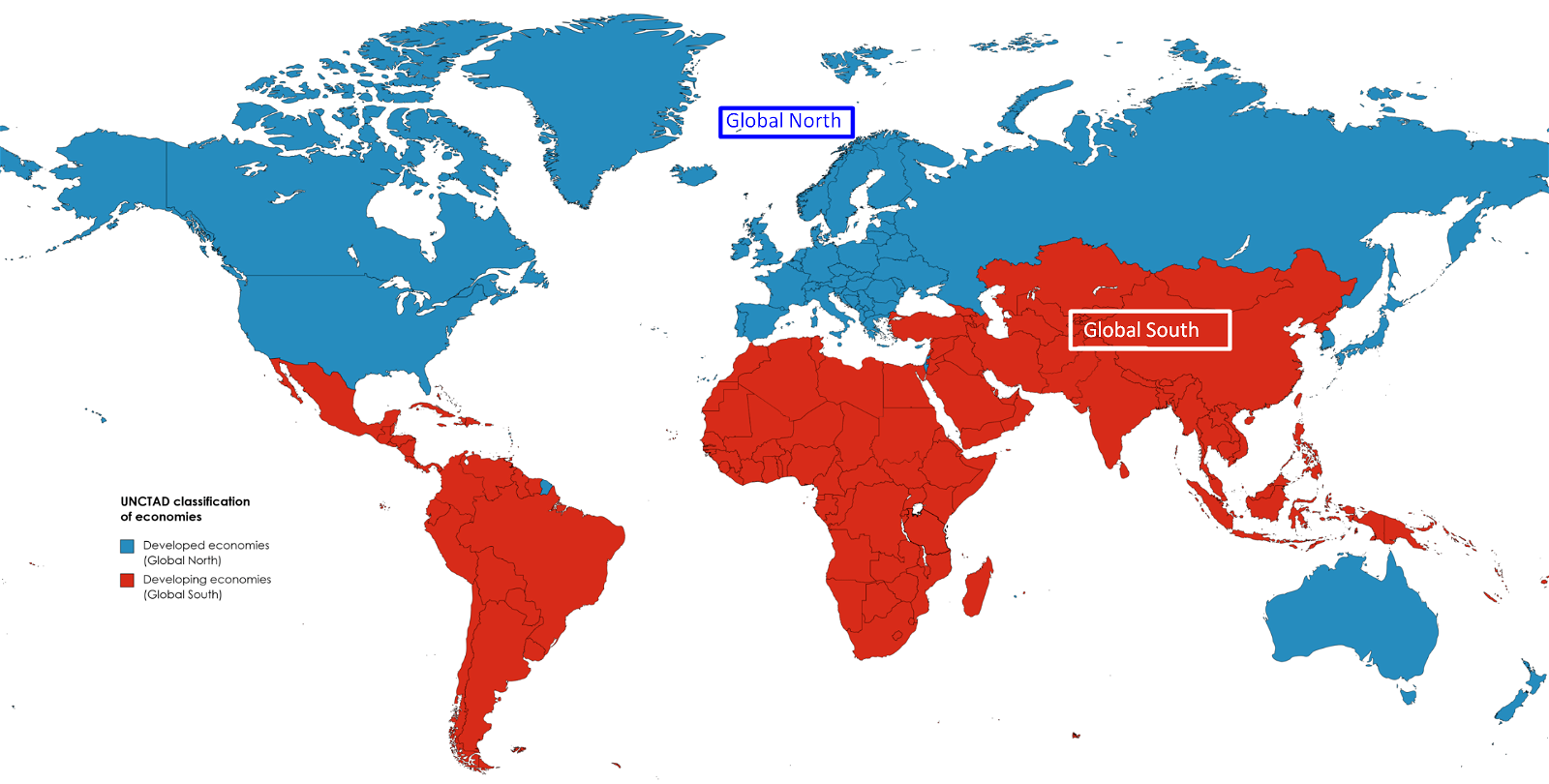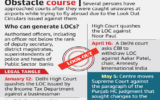
Cross Voting | Rajya Sabha Elections
Subscribers of "Current Affairs" course can Download Daily Current Affairs in PDF/DOC
Subscribe to Never Miss an Important Update! Assured Discounts on New Products!
Must Join PMF IAS Telegram Channel & PMF IAS History Telegram Channel
- Context (TH I IE I TH I LM): The RS elections in the States of UP, HP and Karnataka witnessed cross-voting by MLAs despite parties issuing three-line whips, deviating from the norm.
|
- This has started a legal debate as whips are not issued for Rajya Sabha elections.
- The absence of a whip and the appeal for a “conscience vote” makes it easy for MLAs to avoid any action under the anti-defection law or the 10th Schedule, even if they cross-vote.
Rajya Sabha Elections and Anti-Defection Law
- Anti-defection Law/10th Schedule: Introduced in 1985, this Schedule disqualifies legislators who voluntarily give up party membership or vote against party instructions.
- This instruction with respect to voting is issued by the ‘whip’ of a party.
|
- The elections to Rajya Sabha are not treated as a proceeding within the Legislative Assembly (LA) but one that the EC conducts.
- Thus, Political parties cannot issue any ‘whip’ to their members for such elections.
- Political parties cannot issue whips for presidential elections also.
SC Judgements
Kuldip Nayar versus UOI, 2006
- SC upheld the system of open ballots for Rajya Sabha elections.
- It reasoned ‘if secrecy becomes a source of corruption, then transparency can remove it’.
- An elected MLA of would not face disqualification under the Tenth Schedule for voting against their party candidate.
- They may, at the most, attract disciplinary action from their political party.
Ravi S. Naik and Sanjay Bandekar versus UOI, 1994
- Voluntarily giving up membership under the Tenth Schedule does not mean only formally resigning from the party to which the member belongs.
- The conduct of a member both inside and outside the house can be looked into to infer if it qualifies as voluntarily giving up membership.
- Such an “interpretation” may become crucial for the disqualification of MLAs in case of cross-voting during RS elections.
Rajya Sabha
- Rajya Sabha is also known by several names-
- Council of states.
- Upper House.
- House of elders.
- Red Carpet House.
- This house has an altogether different composition and method of election from that of the directly elected House of the People.
- Apart from the elected members, the President also nominates members to the house.
- RS MPs are elected by the elected members of Assemblies of the States and UTs (Delhi, Puducherry and Jammu and Kashmir).
- The RS meets in continuous sessions and, unlike the LS, is not subjected to dissolution. However, the RS, like the LS, can be prorogued by the President.
- The Vice-President is the ex-officio chairperson of the Rajya Sabha.
- The Deputy Chairman, who is elected from amongst the house’s members, takes care of the day-to-day matters of the house in the absence of the Chairman.
|
Debate In Constituent Assembly
Need of Second Chamber
Opponents of the Second Chamber
|
Composition of Rajya Sabha
- Article 80 of the IC lays down Provisions for members of the RS.
- As per the constitutional limit, the RS strength cannot exceed 250 (238 elected and 12 nominated).
- Currently, it has 245 members (233 elected members and 12 nominated).
- The members nominated by the President are persons having special knowledge or practical experience in respect of such matters as literature, science, art and social service.
Allocation of Seats to Rajya Sabha
- The Fourth Schedule to the IC provides for allocation of seats to the States and UTs in Rajya Sabha.
- The allocation of seats is made on the basis of the population of each State.
Process of Rajya Sabha Election
- RS MPs are indirectly elected by the people of the country but directly elected by the MLAs of LAs of states and UTs.
- The elected members of the LA of that State and UT elect the representatives of each State and three Union territories.
- Elections are done in accordance with the system of proportional representation by means of the single transferable vote.
- Elections to 1/3rd of these seats occur every two years.
- The polls for Rajya Sabha will be required only if the number of candidates exceeds the number of vacancies.
- Till 1998, the outcome of RS elections was usually a foregone conclusion; the candidates nominated by various parties, according to their strength in the LA, used to be elected unopposed.
Measures to stop Cross-Voting in LAs
- The ‘Open ballot’ system was adopted to prevent corruption.
- In the Representation of the People (Amendment) Act, 2003, the following sections were amended to provide for an open ballot system for elections to the Rajya Sabha.
- Sections 59 (manner of voting at elections),
- Section 94 (secrecy of voting not to be infringed) and
- Section 128(1) (maintenance of secrecy of voting)
- Rule 39AA was also accordingly inserted into the Conduct of Election Rules, 1961 by a notification.
Rule 39AA
- When an elector records their vote on a ballot paper, they must allow the authorised agent of that party to verify as to whom such an elector has cast their vote.
- If the elector refuses to show the marked ballot paper to the authorised agent, the ballot paper has to be taken back by the presiding officer or polling officer.
- Rule 39AA is silent on who would be the authorised representative for a rebel MLA.
- Not showing the ballot paper to the authorised agent or showing it to anyone else will disqualify the vote.
- Independent MLAs are barred from showing their ballots to anyone.
SC on ‘Open’ ballot process
- The ‘Open’ ballot process was challenged in SC by Kuldip Nayar, who alleged that it was unconstitutional and violative of the statutory right to vote.
- In 2006, a five-judge bench led by then CJI Y K Sabharwal unanimously upheld the constitutional validity of the ‘open ballot’ system and said: “If secrecy becomes a source for corruption, then sunlight and transparency can remove it.”
- The SC rejected the petition filed by Lok Prahari challenging the 2003 amendment.
- The open ballot system does not violate the concept of free and fair elections and does not take away the right to vote.
- It only regulates the right so as to eliminate the evil of cross-voting by an elector who has been elected to the assembly of a particular state on the basis of a party nomination.
- Open ballot does not mean open for one and all.
- The concept of “constituency-based representation” in a general election is distinct from “proportional representation”, which is the case with the Rajya Sabha.
- In the case of ‘proportional representation‘, voters are subject to party discipline.
|
Qualifications and Disqualification Criteria of Rajya Sabha Members
Qualifications as per Art 84 of the IC
- Ought to be a citizen of India.
- Ought to be of 30years older.
- Ought to have such qualifications as mandated on this behalf by any Law enacted by Parliament.
Qualifications needed by law enacted by the Parliament
- Alternative qualifications for the members within the Representation of People Act 1951.
- Only a Citizen of India who is an elector is eligible.
Disqualifications
- These disqualifications are prescribed in Article 102 of the IC-
- If the candidate holds an office of profit under the GOI or any state government.
- Is of unsound mind as declared by the Court of law.
- Is undischarged insolvent.
- Has ceased to be a national of the Republic of India.
- Has attracted the other disqualification as per the other law of parliament.
- The last condition has led Parliament to incorporate some other conditions as per the Representation of People Act 1951 unit mentioned below-
- Should not be guilty of any offence related to elections or must not have indulged in any corrupt practices.
- Should not have undergone any imprisonment for any offence for two or more years.
- Should not have failed to submit an account of the election.
- Should not be an interested party in Government contracts, works, or services.
- Should not be a director or key manager person in a company in which GoI holds 25% share.
- Should not have faced dismissal while being in government service on charges of corruption or unfaithfulness.
- Should not have been found guilty of promoting hate among teams
- Should not be found guilty of any crime associated with society, like the promotion of untouchability.
- If he voluntarily gives up the membership of their party
Tenure of members
- Every RS MP has a tenure of 6 years, and elections to one-third of the seats are held every two years.
- According to Section 154 of the RPA, 1951, a member who has chosen to fill a casual vacancy will serve for the remainder of his predecessor’s term of office.
Domiciliary Requirements (DR)
The Argument against considering DR for RS Elections
The Argument in favour of considering DR for RS Elections
|





![PMF IAS Environment for UPSC 2022-23 [paperback] PMF IAS [Nov 30, 2021]…](https://pmfias.b-cdn.net/wp-content/uploads/2024/04/pmfiasenvironmentforupsc2022-23paperbackpmfiasnov302021.jpg)

